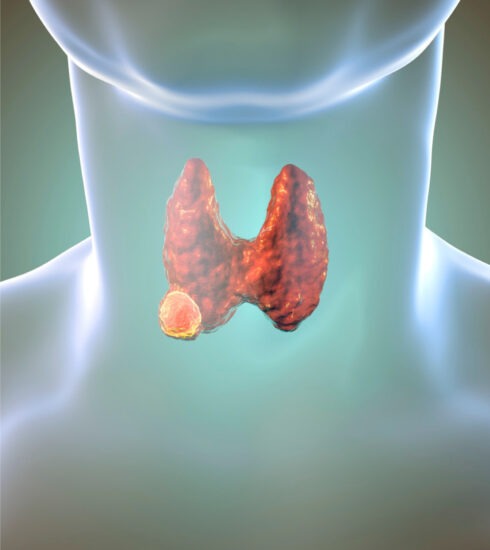Rising Infertility in India
- Dr. Astha Chakravarty, Faridabad

- April 20, 2024
Rising Infertility in India
There is no greater pain than not being able to become a parent. Only couples who are infertile can tell you how much they are disturbed. Infertility affects every aspect of your life. It can strain one’s marriage, cause social isolation, and drain emotionally and financially .
It’s a natural urge to have babies and when the body doesn’t cooperate, it crushes the person. Most people take fertility for granted. After marriage, kids are quite natural but for a few unfortunate people, it’s not so. For an infertile couple, life is shrouded with shame, guilt and grief. There’s no exit for this grief because nobody talks openly about infertility. People around you give unhelpful advice. Many couples consider it a difficult topic to share it with anyone.
The problem of infertility is very common these days not only in India but across the world. It is a situation where a couple is unable to bear a child, the cause may be in men/women both.
Causes of infertility :
Reasons behind Infertility are unhealthy lifestyle, use of alcohol, smoking and nicotine products. Certain diseases can also affect fertility like diabetes, celiac disease, certain autoimmune diseases like lupus, or genetic defects.
Female infertility can be due to various reasons like-
Pelvic inflammatory disease
Infections
Polycystic ovaries
Polyps in the uterus
Endometriosis or fibroids
Scar tissue or adhesions leading to tubal blockage
Chronic medical illness
A previous ectopic (tubal) pregnancy
Malformation in uterus
Male infertility can be due to various reasons like-
Poor motility/morphology of sperm
Low sperm count
Genital problem
Erection problem
Ejaculation problem
Many factors contribute to the growing rate of infertility:
- Age is a major factor. Fertility starts declining in women after age 30 and a bigger decline after age 35.
- Couples keep delaying childbearing, it becomes harder to achieve pregnancy and the percentage of infertility in the society increases.
- Unhealthy food or adulterated food that is high in oestrogen leads to a drop in sperm count in men.
- Polycystic ovarian syndrome in women accounts for 40% of infertility cases. Hormonal imbalance due to poor lifestyle and stress may cause major problems.
- Sedentary lifestyle, increase in smoking and drinking habits among youngsters.
- Obesity, lack of physical exercise, excessive caffeine and pollution accompanied by medical disorders like diabetes.
- Another reason is the reluctance among Indians to approach the doctors in good time.
- Exposure to pollution and other chemicals in the air, food and water supplies.
Confirmation of infertility
If you have a hard time getting pregnant or staying pregnant or if you don’t get pregnant after 1 year or more of trying, or if you have multiple miscarriages, you should consult a fertility specialist.
Treatment of infertility
There are many treatments for many kinds of infertility, and infertile people go on to have a healthy pregnancy and a child.
- Medications: Medications help stimulate the ovary to develop mature eggs for ovulation. These medicines are generally taken from menstrual cycle days 3 – 7. They stimulate the ovary to grow and release an egg.
- Insemination: Intrauterine insemination, also known as IUI, is a process by which sperm is washed and prepared for placement into the uterine cavity.
- In Vitro Fertilization (IVF): IVF is a process whereby eggs are collected and then fertilized by sperm outside the body, in a laboratory. The use of IVF has grown dramatically in India.
Fertility centres check male for sperm health, count, and motility, and they check females for eggs healthiness. Time is an important factor in infertility cases, and once you consider something, you must not delay medical care.
It is advised for women who desire to delay their pregnancy for any reason including education, work or other reasons to consider the option of freezing their eggs for future use.
We believe in educating our patients about the fertility process, problems, and treatment options. It will empower our patients to make the best choices. It is a must to understand the normal reproductive process in knowing when to look for help.









